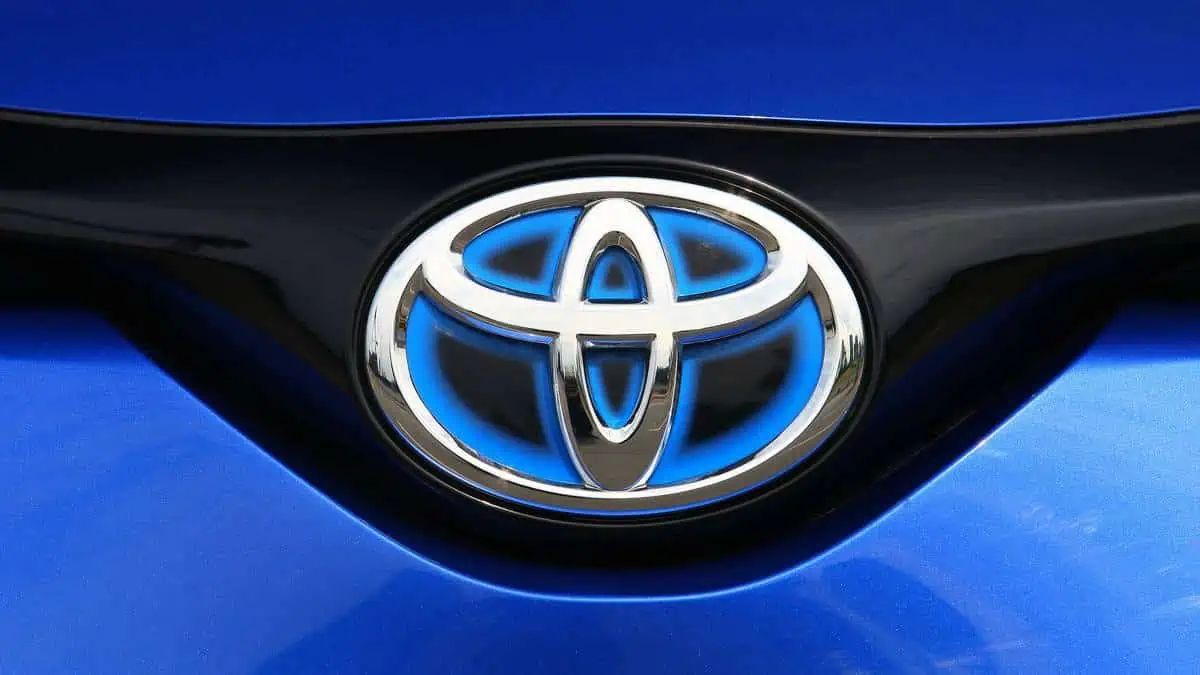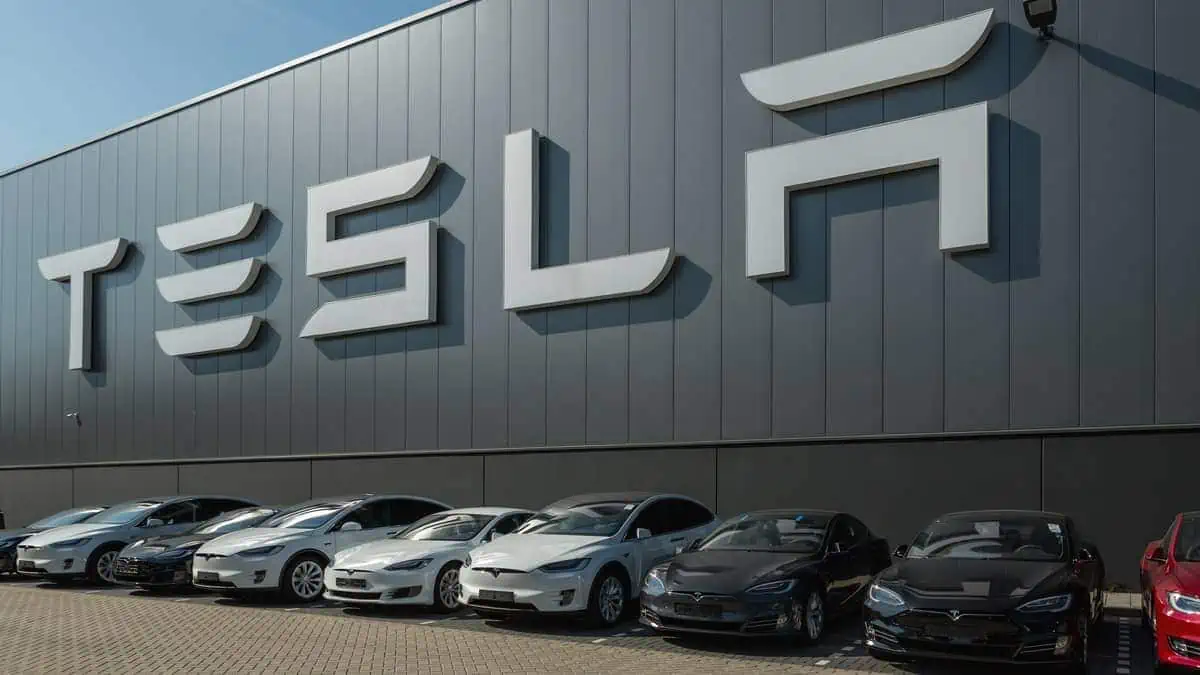Japanese legacy automaker Toyota has long been recognized as a “laggard” in electric vehicle adoption as it used to firmly stand by its hybrid technology.
In that sense, Toyota recently announced a battery breakthrough in the form of solid-state batteries. The company aims to commercially launch the battery tech as soon as 2027.
What is a solid-state battery?
Solid-state batteries store their electrical charge in a solid electrolyte, while another battery type utilizes a liquid or paste-like one.
They are widely used in compact devices requiring minimal electricity, such as pacemakers, RFIDs, etc.
They offer a higher energy density than other battery types, making them more suitable for electric vehicles. That said, automakers and industry experts forecast them to accelerate the EV uptake by solving a major customer concern – range. Moreover, they also pose less fire risk than li-ion batteries with liquid electrolytes.
Toyota claims that its solid-state batteries can support a driving range of 745 miles and a charging speed of 10 minutes. That said, this battery tech can match the conventional cars’ driving range without regular stops at charging stations during long journeys.
The Japanese automaker its solid-state batteries to aid the company in cutting its batteries’ weight, size, and cost by 50%.
“For both our liquid and our solid-state batteries, we are aiming to drastically change the situation where current batteries are too big, heavy and expensive. In terms of potential, we will aim to halve all of these factors.”
Keiji Kaita, Toyota’s R&D Centre for Carbon Neutrality President
However, solid-state batteries also present some issues, including poor performance under cold temperatures and mass production complexity.
“Often there are breakthroughs at the prototype stage but then scaling it up is difficult. If it is a genuine breakthrough it could be a gamechanger, very much the holy grail of battery vehicles.”
David Bailey, University of Birmingham’s Professor of Business Economics
How can it benefit Toyota’s position in the EV industry?
Toyota aims to start the production of solid-state batteries for its electric cars as soon as 2027. Given the complexity of producing these innovative battery types, the automaker claims it could optimize the manufacturing process.
Toyota aims to hit electric vehicle production of 1.7 million units at its BEV factory by 2030, CEO Koji Sato previously stated. It also aims to reach annual EV sales of 3.5 million by that year. To do that, it aims to expand its battery-powered vehicle portfolio and further develop its technologies.
In that sense, the company’s solid-state batteries will undoubtedly aid the company in achieving its target. As mentioned, this newly developed battery tech can potentially reduce the battery’s weight, size, and cost by half, optimizing Toyota’s production and sales.
In effect, the legacy automaker will finally be able to catch up in the electric vehicle industry.
See Also:
- Toyota develops solid-state batteries to boost its electrification efforts
- Toyota to launch a manual electric sports car
- Toyota secures $850M subsidy to boost local battery output
- Toyota income falls amid supply chain chaos, soaring prices
- Solid-state battery innovation to revolutionize electric vehicles
Toyota’s vehicle sales hit 10.5 million units in 2022, with a market valuation of approximately $254 billion. Meanwhile, rival Tesla’s market valuation hit about $791 billion.
All that said, Toyota’s solid-state batteries can undoubtedly boost the company’s electrification strategy. Hopefully, it will finally be able to catch up in the highly competitive EV industry.






